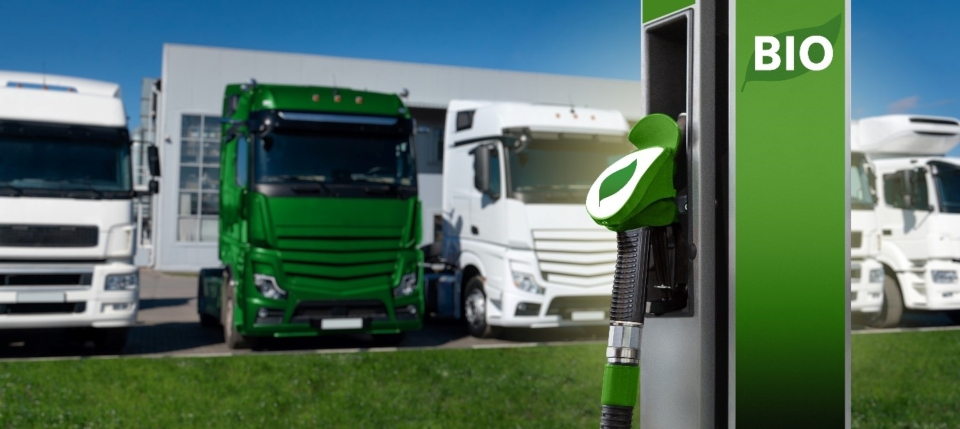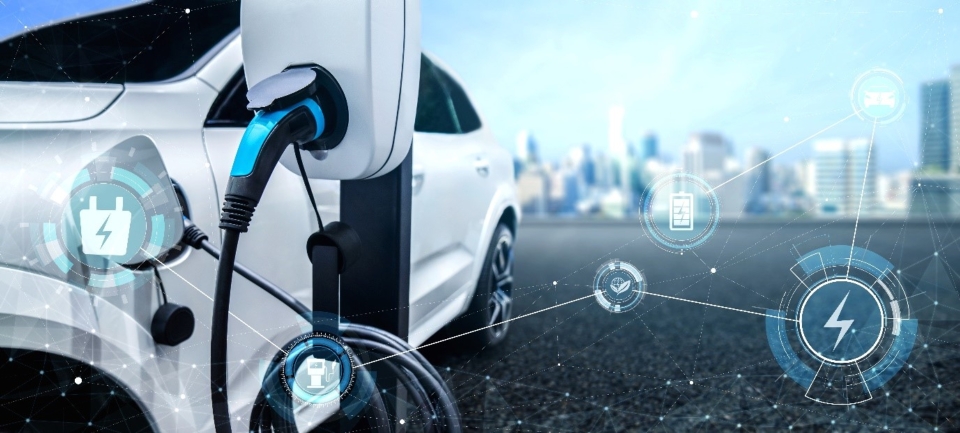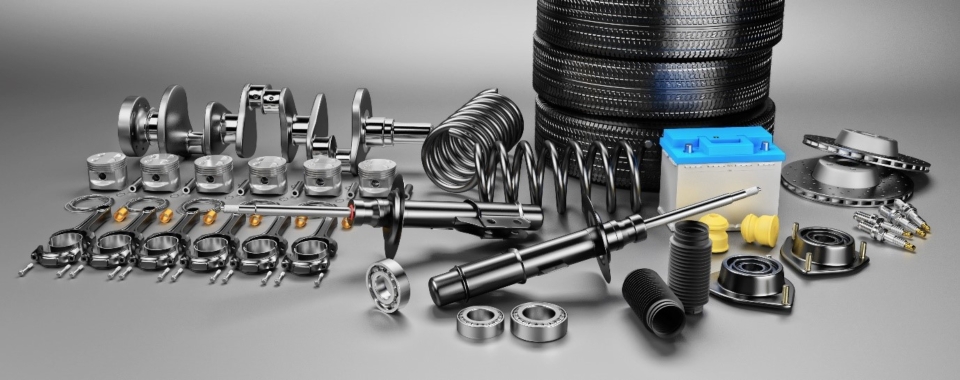EVs to Continue Pumping Momentum into Auto Parts Industry Amid Global Economic Slowdown
2023/03/13 | By CENS
By Steve Chuang
After robust growth in the past few years, the global automotive and auto parts industries will likely be fretted by a slowdown, for various reasons, this year, when the International Monetary Fund (IMF) has just reported gloomy economic forecasts for 2023. However, the energetic development of electric vehicles (EVs) is expected to help keep insiders afloat.
Mixed Outlooks
IMF’s latest report indicates that advanced countries are predicted to suffer from downturn while developing economies are likely to recover from rock bottom. The mixed results, to which the latter’s move to lift COVID-19 requirements later than the former is attributable, are anticipated to lead to a global economic growth slowdown to 2.9 percent compared to 3.4 percent in 2022.
According to the report, advanced economies are likely to experience a combined growth drop from 2.7 percent in 2022 to only 1.2 percent this year, with the U.S., the U.K., Euro area and Japan to report shrinking GDP growth of 1.4, minus 0.6, 0.7 and 1.4 percent, respectively.
In comparison, emerging markets and developing economies are expected to finish this year with a combined growth of 4.0 percent from 3.9 percent tallied in 2022. Among them, China and India will continue to serve as major growth locomotives, with the former, where nationwide unemployement is torturing the Chinese government for the time being though, forecast to enjoy an enviable growth rebound of 5.3 percent from 4.3 percent.
EVs to Lead Industry’s Growth
In the face of a mixed economic climate, most professionals from the automotive and auto parts industries are less optimistic about their 2023 performance compared to the past few years. Nevertheless, a ray of hope remains at the end of the tunnel, as the development of EVs continues to be on a promising track.
According to the latest report from Automotive Research & Testing Center (ARTC), a Taiwan-based automotive industry research institute, global EVs sales are estimated at 71.1 million units in the first nine months of 2022, and to exceed 10 million units as of the end of the year, a whopping growth compared to only 1 million units in 2017. Noteworthy is that the share of EVs in the whole automotive market has also surged more sharply than expected to 12.8 percent from only 1.3 percent seen in 2017.
By sale volume till the end of last September, China remains the largest single regional market with 42.3 million units of EVs sold, followed by Europe with 17.5 million units and the U.S. with 6.9 million units.

In terms of sales by carmakers during the same period of time, Tesla continues to be No. 1 brand, whose Model Y and Model 3 are the two hottest-sellers in the global market. The runner-up is Wuling of China, whose Mini EV model has proved to be sought-after by consumers globally, while BYD has also maintained a solid presence in the segment with five different EV makes and models squeezing into the top-10 popular EV model list.
More Upbeat News to Sustain EV Market
While technological advancements that make for EV’s driving experience, battery efficiency, extended travel range and safety contribute considerably to the current prosperity of the market segment, global governments’ ambition to cut carbon emission and ensure environmental sustainability through establishing an friendly environment to EV owners and promoting new-energy vehicles is also a key factor.
One of the most notable official rules that will help boost EV popularity is the the CARB Advanced Clean Car II laid down by California’s Air Resources Board (CARB) last August, which is designed to ban sales of internal-combustion passenger cars and light-duty trucks in the state starting at 35% by 2026. Experts generally agree that this rule will speed up the replacement of conventional gasoline-powered vehicles with zero-emission vehicles, or EVs, nationwide in the U.S., given that California contributes only 8 percent to annual new-car sales in the U.S. market yearly, but alone takes 38 percent share of the segment for electrified vehicles.
Perhaps the most ambitious government in the world in the aspect of promoting new-energy vehicles roaming on roads, EU this February also just passed a new regulation that will completely phase out sales of internal-combustion vehicles starting at 2035, when only zero-emission vehicles will be allowed for sale. With the new regulation to be put into effect, it is not overstated that Europe has pumped the strongest growth momentum among other countries to the development of the EV industry.

Also doing its utmost to contribute to reduction of vehicle’s emission, or maintain its leading status as the world’s largest EV market, China has decided to put aside over RMB1 trillion in the next decade starting 2023 to build pole-mounted charging stations in the country, with an attempt to improve a ratio of government-funded charging stations to public EVs to 1:1. Worth mentioning is that China reported the number of charging stations for new-energy vehicles at 5.2 million as of the end of 2022, including 1.8 million officially established, which suggests an above-mentioned ratio of 1:2.42

Taiwanese Suppliers Are Unignorable
To global carmakers committed to the development of EVs, Taiwanese suppliers are definitely unignorable, simply because the island has well-established industries of auto parts and ICT (information and communication technology) and can offer their needed resources to help reach the last mile.
Taiwan has been renowned as one of the world’s most important manufacturing bases of auto parts, with its auto lamps, bumpers, rear-view mirrors, car body parts, electrical parts and tires, for high quality, durability and competitive prices, widely accepted by carmakers and aftermarket users in North America and Europe.

The updated statistics compiled by Taiwan Transportation Vehicle Manufacturers Association (TTVMA) show that Taiwanese suppliers exported auto parts worth NT$220.8 billion in 2021, a zenith for all time, and NT$187.1 billion for the first nine months of 2022, representing an increase of 15.17 percent compared to the same period of a year ago. Of the Taiwanese manufacturers, some unsung heroes have effectively tapped a supply chain of global EV brands as tier-1 suppliers.
In the meantime, ever more Taiwan’s ICT companies are dedicated to exploring the global EV market, mainly because such vehicles call for more electronic components and better network connection and system integration to produce and offer drivers greater experience and safety with an advanced driver assistance system and so forth. Also notable is that starting with TSMC (Taiwan Semiconductor Manufacturing Co., Ltd.), Taiwan’s wafer and semiconductor makers have also wielded their unparalleled influence over the global supply chain of chips for use in vehicles.




